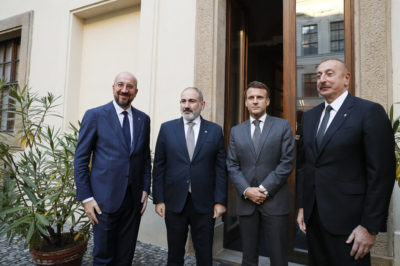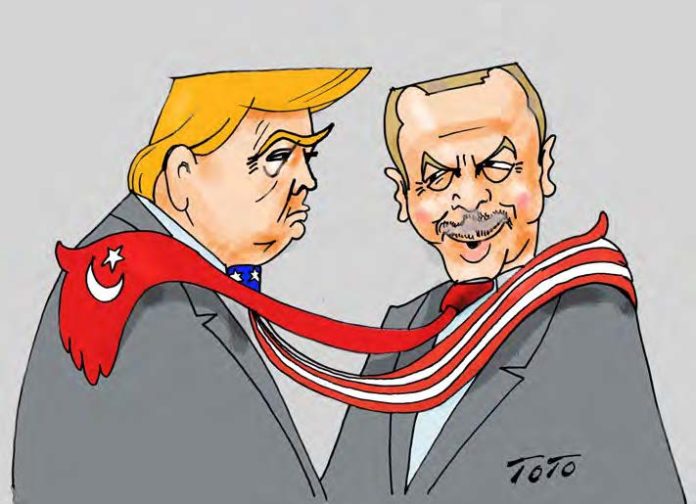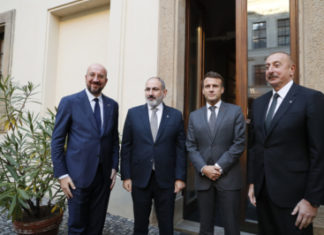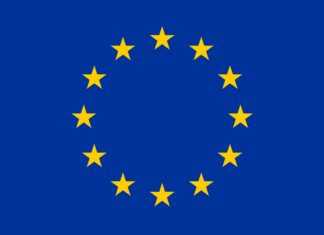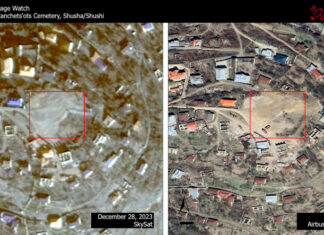Turkey’s foreign policy emanates from and is shaped by its geostrategic position, which has helped that country to play antagonistic and regional world powers against one another. That policy is not President Recep Tayyip Erdogan’s invention. It was implemented by Ottoman sultans as well as by Mustafa Kemal Ataturk. Erdogan has further refined that policy, and, to his credit, he has been exercising that policy rather skillfully, if at extreme risk.
Once upon a time, the destiny of Armenia and Armenians was one of the pawns of that balancing act, particularly after the plight of the Ottoman Armenians became an object of international negotiations in 1878. By the conclusion of the Russo-Turkish war, the Tsarist forces had advanced to the outskirts of Istanbul, and a treaty was signed at San Stefano. Article 16 of this treaty guaranteed reforms in the Armenian provinces by the sultan, who would be accountable to Moscow.
The Treaty of Berlin, which followed that of San Stefano the same year, literally bartered the issue of reforms for the island of Cyprus. The sultan ceded the latter to Great Britain in exchange for a better deal, which was embodied in Article 61 of the new treaty.
Even today, much of Armenia’s fortunes are dependent on which way Turkey’s foreign policy swings. Armenia benefits from the US when US-Turkey relations are strained. Conversely, Armenia becomes a beneficiary when Armenia’s strategic ally, Russia, is at odds with Ankara. Recognition of the Armenian Genocide, long stalled in Congress, was fast-tracked when Turkey pushed the envelope too far. The reason the executive branch of the US government, meaning President Donald Trump, did not follow suit, was because the US was reluctant to give away the entire stock of its leverage on Turkey. And indeed, President Trump maintained his personal friendship with Erdogan despite all the mischief of the latter, to be used for the initial steps of warming relations between the two countries.
The great powers become involved in the Middle East by decapitating stable rulers and as a result created mayhem to justify accusations that the peoples there are composed of medieval clans and thus incapable of self-rule.
Turkey is one country which has benefited from that managed chaos. Having joined NATO, Ankara has used the alliance to promote and achieve its selfish goals. In the process, Turkey strained its relations with the other NATO member states. Its incursions in Cyprus, Iraq and Libya were tolerated because Ankara in each case was able to convince its allies to accept that it was acting on behalf of the alliance, or, conversely, crying wolf that its interests as a NATO member were being threatened.
